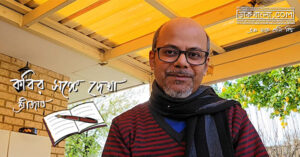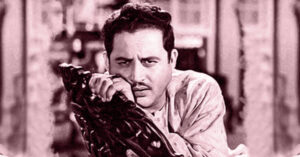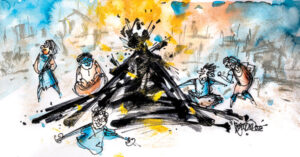It was supposed to be the world’s coming out party post Covid. But with the deadly virus still claiming lives and running through populations, apprehensions persist over the viability of the Tokyo Games with just days left for the greatest sporting festival on the planet. Should it have go on or was cancellation a more pragmatic approach has divided experts the world over. And in the midst of all this chaos, 10,500 supremely talented men and women are silently getting ready for their moment under the sun in Japan just weeks from now. The world will be watching what is increasingly being touted as a symbolic triumph of humanity over the dreaded virus. Teams have already arrived in Japan and we have also had a virus scare with the Ugandan, which was fully vaccinated.
The Olympics, the IOC was always firm, was happening. Japan too has started vaccinating its athletes and inoculation of its vulnerable citizens is expected to pick up pace in Osaka and Tokyo in the coming days. The accredited media has been instructed to submit arrival and departure information well in advance, failing which they will be stopped from entering Japan. The show must and will go on.
The Olympics, the IOC was always firm, was happening. Japan too has started vaccinating its athletes and inoculation of its vulnerable citizens is expected to pick up pace in Osaka and Tokyo in the coming days. The accredited media has been instructed to submit arrival and departure information well in advance, failing which they will be stopped from entering Japan. The show must and will go on.
Frankly, there is no black and white answer to the question of should the Olympics happen? With billions of dollars already spent and with the global ecosystem of sport including funding of multiple federations overwhelmingly dependant on the Olympics, there are very strong reasons for the Games to happen. For athletes who have spent five years of their lives getting ready, cancellation would have been tragic. On the other hand, there remains a threat of the virus spreading further into Japan with close to 30,000 media and 10,500 athletes entering the country. Will bio bubbles work and can Tokyo be a bio secure games is a billion dollar question with no firm answers just yet.
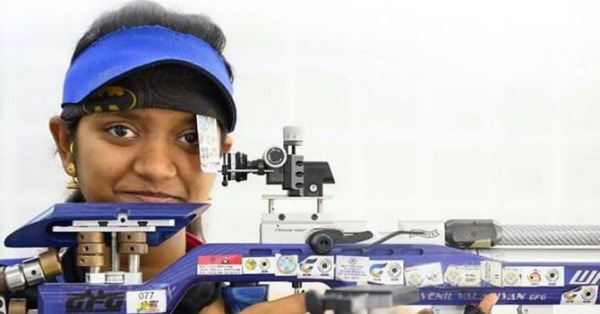
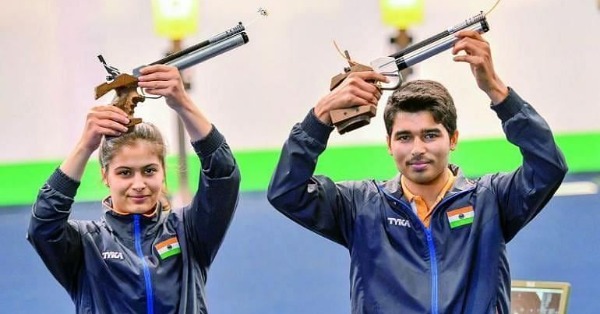
From an Indian standpoint, we want Tokyo to happen. In every sense the Olympics and the Paralympics are expected to be gamechangers for our sport going ahead. From a paltry 2 medals in Rio in 2016 four years earlier, there is hope that India for the first time in its history will win 10 medals and make history. Our shooters, currently training in Croatia, are the best in the world and on their day each of the 15 who have qualified stand a chance to make the podium. In fact, to not win a gold in shooting will be a surprise if we go by current form. In the recently concluded world cup India finished with 1 gold, 1 silver and 2 bronze medals with almost all of the Tokyo bound shooters making the final. Some like Manu Bhaker have gone off social media as well to ensure there are no distractions in the home stretch. It is India’s golden generation and is expected to give the country its best haul ever.
Add the wrestlers and boxers to the mix and all of a sudden we are talking of a very vibrant India sporting story. Be it Bajrang Punia or Vinesh Phogat, we have athletes who have dominated world competitions and for them to not win is news. It is no longer the case that an Indian win is a miracle. Rather, we know these athletes can. For years they have done so at the world stage and now it is to replicate at the greatest show of all.
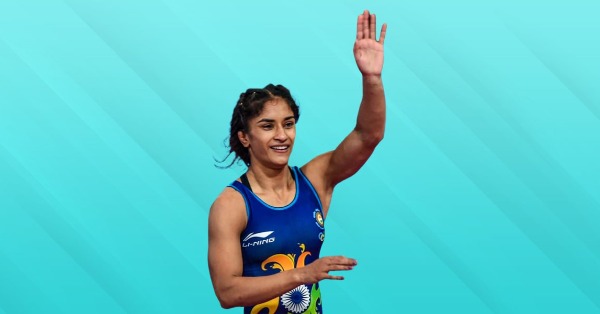
For some of these athletes, Tokyo is also about furthering a legacy. P.V. Sindhu is one such. In Rio she was not a star. Her win, which galvanised a nation, was unexpected. Now things are different. Sindhu, world champion and more, is Indian badminton’s poster girl. Her parting of ways of sorts with coach Pullela Gopichand has been the talking point of the circuit for a while now. For Sindhu a second consecutive medals will put a lot of things to rest and make her the most successful female athlete in the annals of Indian sport. If Sindhu has a chance, so does Satwik and Chirag in doubles. India has never won a doubles medal at the Olympics and if Gopi is to be believed, Satwik and Chirag have a realistic chance to script a first.
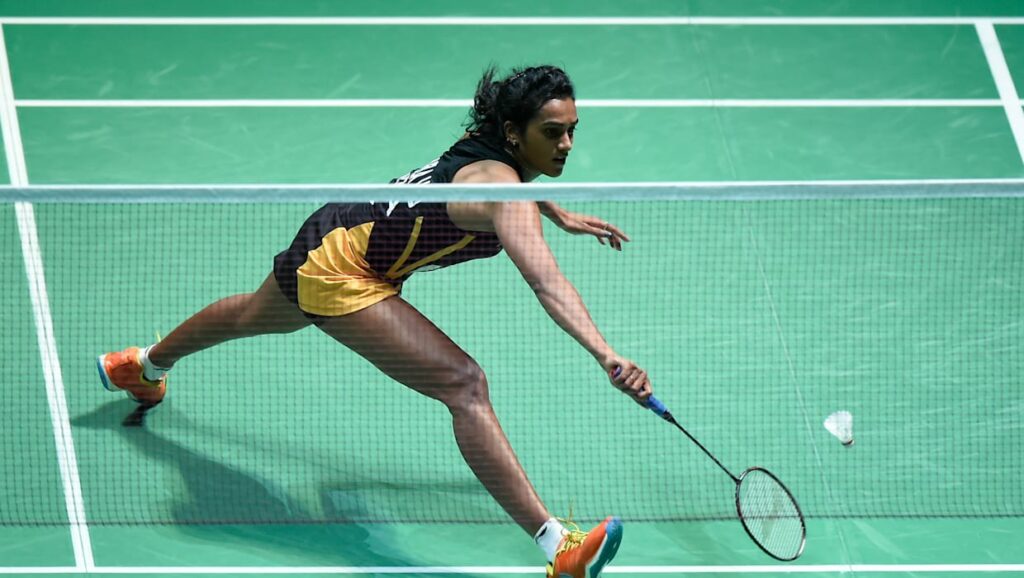
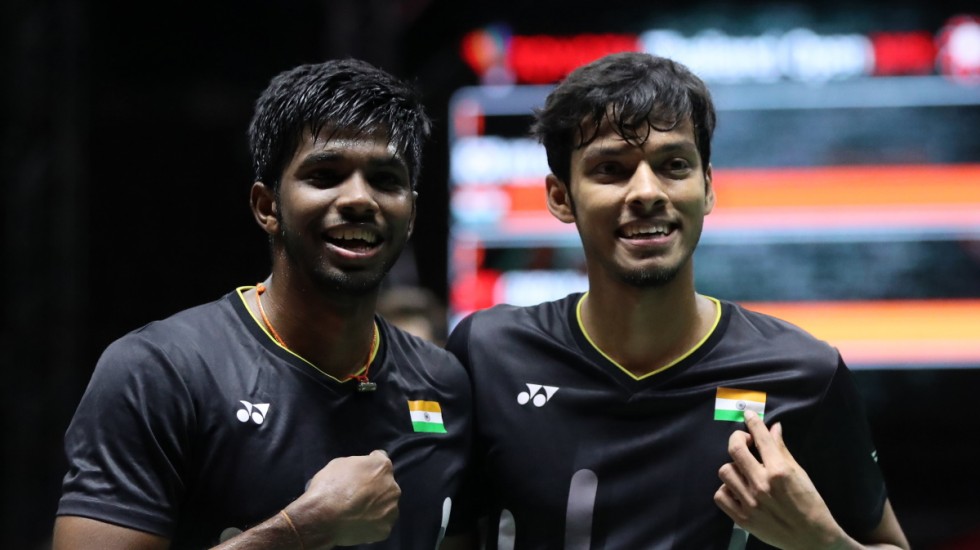
To win in Tokyo despite a surging second wave in the country will be a miracle and is expected to lift spirits across the country. An active sports ministry and an improved code of professionalism in our federations has made sure that talented athletes like Neeraj Chopra have got an opportunity to train abroad and get much needed exposure. Despite India being in the red list because the monstrous second wave, our archers, boxers, wrestlers, hockey team and of course the shooters have all been provided with necessary training in the home stretch, indicative of a very different mindset in India’s Olympic story. In the case of Neeraj for example the sports ministry and JSW, a leading corporate which is now at the forefront of promoting Olympic sport, came together to get him to Europe in time for him to get adequate preparation in the lead up to the games. This wasn’t an easy task but at no point did anyone give up.
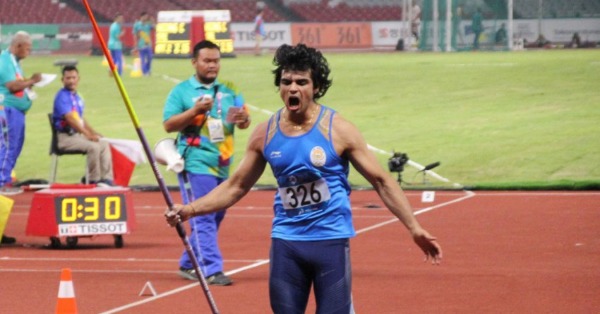
And while the build up is mostly about able bodied athletes, the para story is no less fascinating. Deepa Malik, President of the Paralympic committee remains cautiously confident of a double digit haul, which will be revolutionary to say the least.
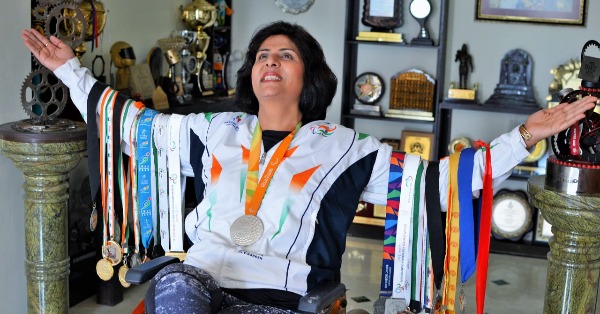
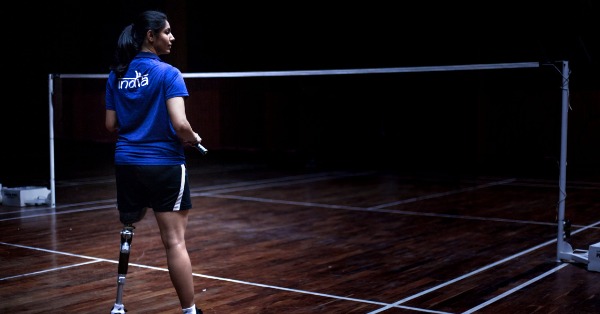
Tokyo, which will mark 100 years of Indian participation at the Olympics (1920-2020), is expected to be different for one fundamental reason. In all these years Indian athletes succeeded despite a system. ‘Jugaad’ remained our watchword and most medals won were because of individual acts of brilliance. Abhinav’s gold for example is a testimony to his supreme individual genius. It was his father who made sure he had the facilities and then it was him who made sure training was the best. And this is what explains why medals have been few or far between. In the absence of a system, it was always likely to be one Abhinav Bindra or one Devendra Jhajharia. Tokyo, by all parameters, will challenge this paradigm. For the first time in the history of Indian Olympic sport we have systems and structures in place. We have proper coaching, infrastructure, exposure and of course money. Indian athletes thanks to the ministry and foundations like Go Sports, OGQ, JSW and others have serious corporate support and the changes are showing. Tokyo, we believe, will be the climax. With the tri colour expected to go up more than 10 times in Tokyo, our sport is on the cusp of a revolution. With just days to go, it will soon be time for the world to unite in Tokyo against the virus.


